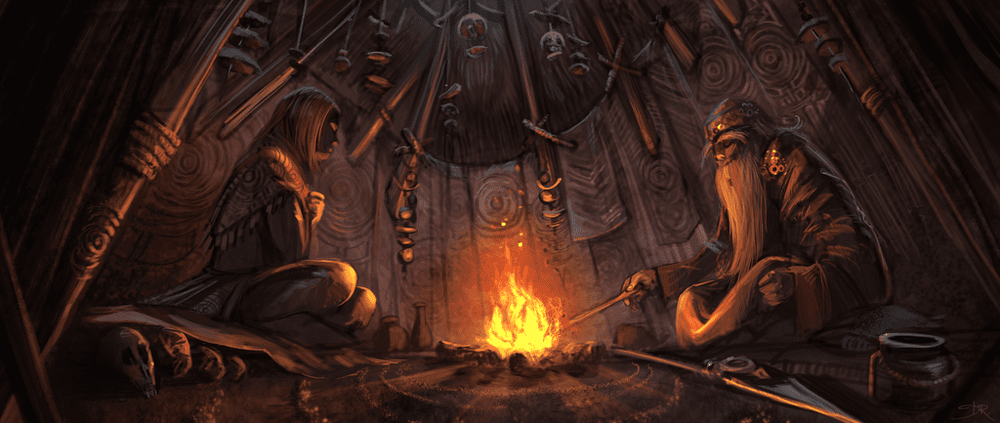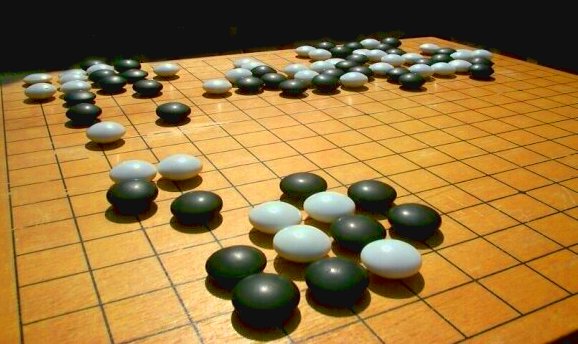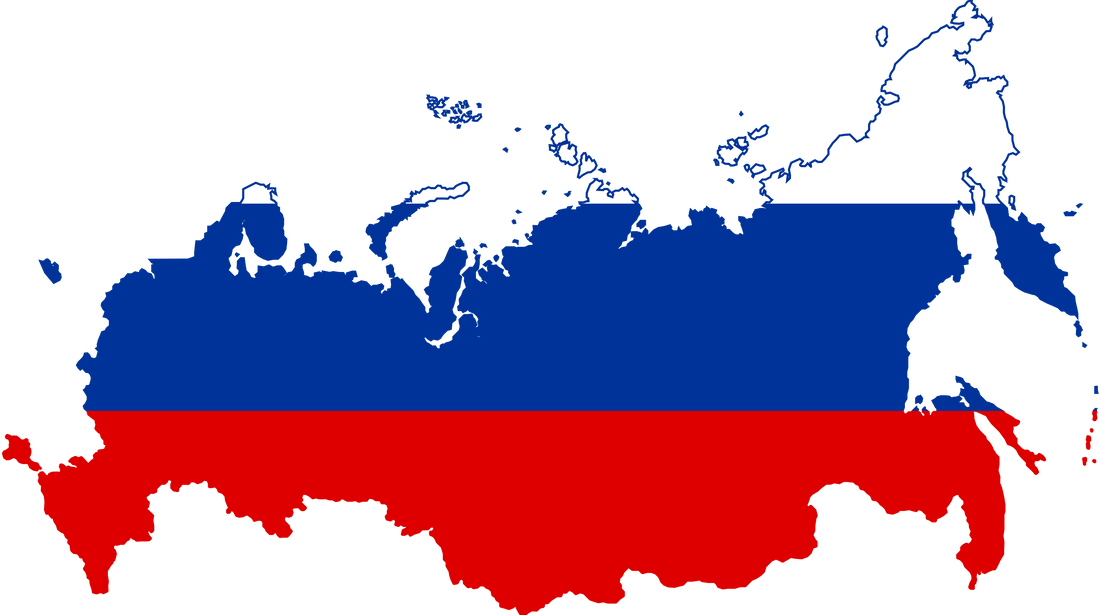- General Information on the book:
- Published by Penguin in May 2014; last research data that author refers to also May 2014
- Conceived at a dinner between Kissinger and his old mate Charles Hill, when they concluded that the crisis in the concept of world order was the ultimate international problem of our day.
- Influential work looking at int. order in historical perspective;
- Others who have written about international order at such a level of proficiency: Francis Fukuyama, Samuel Huntington, John Mearsheimer;
- Credits & Critique
- Credits to the author for categorizing international order and writing about international order in a historical context which reveals some insights that have not been obvious to the general audience
- Credits to the author for explaining Russia and thus making some conclusions possible in regard to China – since I did not understand Russia very much, I always felt that there was a missing link in understanding China. I had a few “AHA” experiences when reading about Russian history, because China just carbon copied much of Russian policies, which Russia in turn adapted from European countries.
- Credits to the author for dissecting the risks and chances of new technologies, in particular the requirement to adapt our educational institutions to enable people to deal with daily floods of information without being drowned into an abyss – empty of knowledge and wisdom.
- Credits to the author for categorizing international order and writing about international order in a historical context which reveals some insights that have not been obvious to the general audience
- As Charlemagne’s empire had fractured in the ninth century into what would become the modern nations of France and Germany, Slavic tribes more than a thousand miles to their east had coalesced in a confederation based around the city of Kiev.
- This “land of the Rus” stood at the fraught intersections of civilizations and trade routes. With Vikings to its north, the expanding Arab empire to its south, and raiding Turkic tribes to its east, Russia was permanently in the grip of conflating temptations and fears. Too far to the east to have experienced the Roman Empire (though “czars” claimed the “Caesars” as their political and etymological forebears), Christian but looking to the Orthodox Church in Constantinople rather than Rome for spiritual authority, Russia was close enough to Europe to share a common cultural vocabulary yet perpetually out of phase with the Continent’s historical trends.
- Russia a uniquely “Eurasian” power, sprawling across two continents but never entirely at home in either.
- Two and a half centuries of Mongol suzerainty (1237–1480) and the subsequent struggle to restore a coherent state based around the Duchy of Moscow imposed on Russia an eastward orientation just as Western Europe was charting the new technological and intellectual vistas that would create the modern era.
- As the Protestant Reformation impelled political and religious diversity in Europe, Russia translated the fall of its own religious lodestar, Constantinople and the Eastern Roman Empire, to Muslim invaders in 1453 into an almost mystical conviction that Russia’s Czar was now (as the monk Filofei wrote to Ivan III around 1500) “the sole Emperor of all the Christians in the whole universe,” with a messianic calling to regain the fallen Byzantine capital for Christendom.
- Russia affirmed its tie to Western culture but—even as it grew exponentially in size—came to see itself as a beleaguered outpost of civilization for which security could be found only through exerting its absolute will over its neighbors.
- With no natural borders save the Arctic and Pacific oceans, Russia was in a position to gratify this impulse for several centuries—marching alternately into Central Asia, then the Caucasus, then the Balkans, then Eastern Europe, Scandinavia, and the Baltic Sea, to the Pacific Ocean and the Chinese and Japanese frontiers (and for a time during the eighteenth and nineteenth centuries across the Pacific into Alaskan and Californian settlements). It expanded each year by an amount larger than the entire territory of many European states (on average, 100,000 square kilometers annually from 1552 to 1917).
- Thus the world-conquering imperialism remained paired with a paradoxical sense of vulnerability—as if marching halfway across the world had generated more potential foes than additional security. From that perspective, the Czar’s empire can be said to have expanded because it proved easier to keep going than to stop.
- In this context, a distinctive Russian concept of political legitimacy took hold. While Renaissance Europe rediscovered its classical humanist past and refined new concepts of individualism and freedom, Russia sought its resurgence in its undiluted faith and in the coherence of a single, divinely sanctioned authority overpowering all divisions—the Czar as “the living icon of God,” whose commands were irresistible and inherently just. A common Christian faith and a shared elite language (French) underscored a commonality of perspective with the West. Yet early European visitors to czarist Russia found themselves in a land of almost surreal extremes and thought they saw, beneath the veneer of a modern Western monarchy, a despotism modeled on Mongol and Tartar practices—“European discipline supporting the tyranny of Asia,” in the uncharitable phrase of the Marquis de Custine.
- Thus what in the West was regarded as arbitrary authoritarianism was presented in Russia as an elemental necessity, the precondition for functioning governance. The Czar, like the Chinese Emperor, was an absolute ruler endowed by tradition with mystical powers and overseeing a territory of continental expanse. Yet the position of the Czar differed from that of his Chinese counterpart in one important respect. In the Chinese view, the Emperor ruled wherever possible through the serenity of his conduct; in the Russian view, the leadership of the Czar prevailed through his ability to impose his will by unchallengeable assertions of authority and to impress on all onlookers the Russian state’s overwhelmingly vast power. The Chinese Emperor was conceived of as the embodiment of the superiority of Chinese civilization, inspiring other peoples to “come and be transformed.” The Czar was seen as the embodiment of the defense of Russia against enemies surrounding it on all sides.



 RSS Feed
RSS Feed